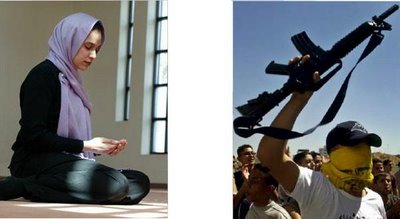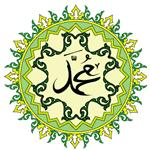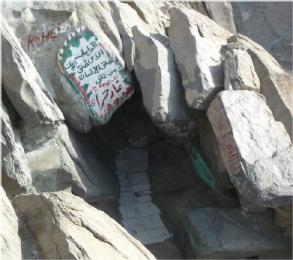Start Here
"WHY?"
If you can't answer all of these simple questions ...
- What Is Islam?
- How did Islam originate?
- Who was Muhammad?
- Why pray toward Mecca?
- What is the "Caliphate?"
- What is the "12th Imam?"
- What is the relationship between ancient Islam and modern Islamic terrorism?
- What are the two basic ways to defeat Islamic terrorism?
After you have absorbed Militant Islam 101, we believe you will:
- Recognize that America's present system of counter-terrorism can never really defeat Islamic terrorists, but can only hope to contain and supress them.
- Agree that there only two ways to neutralize the threat from militant Islam. One is unthinkable and desperate; the other is peaceful and improbable.
- Be prepared to urge the moderate Muslim community to assume a leadership position in staging strong public demonstrations of support for global peaceful co-existence and religious freedom.
We ask readers of "Militant Islam 101" to post comments here to open a dialogue that could identify additional options not yet considered for the actual defeat of militant Islam - not appeasement; not management.







